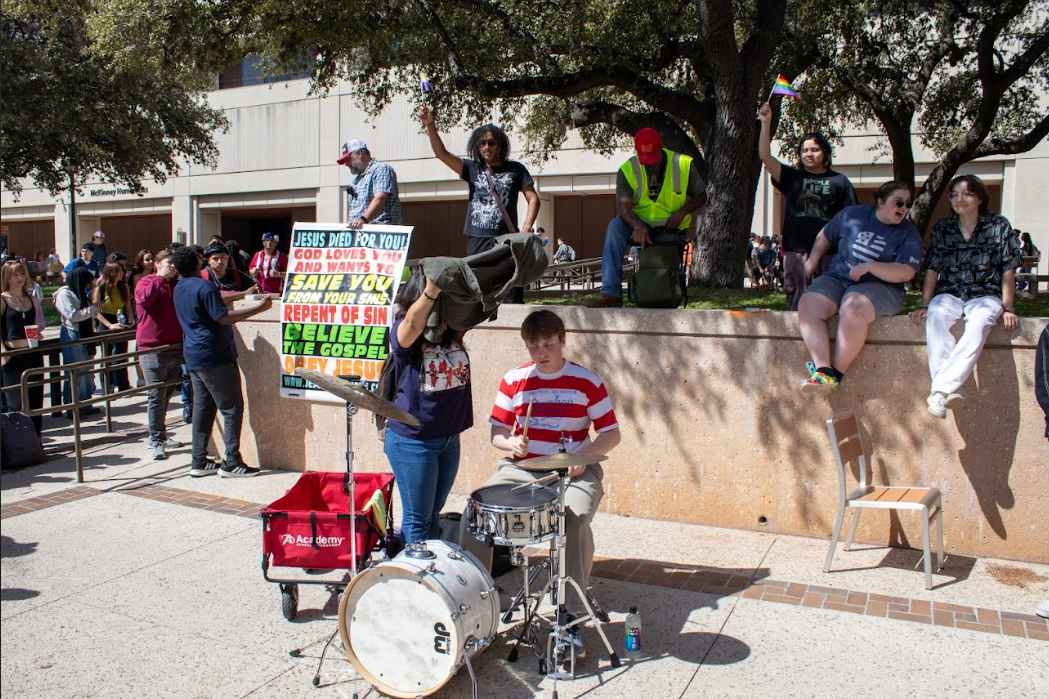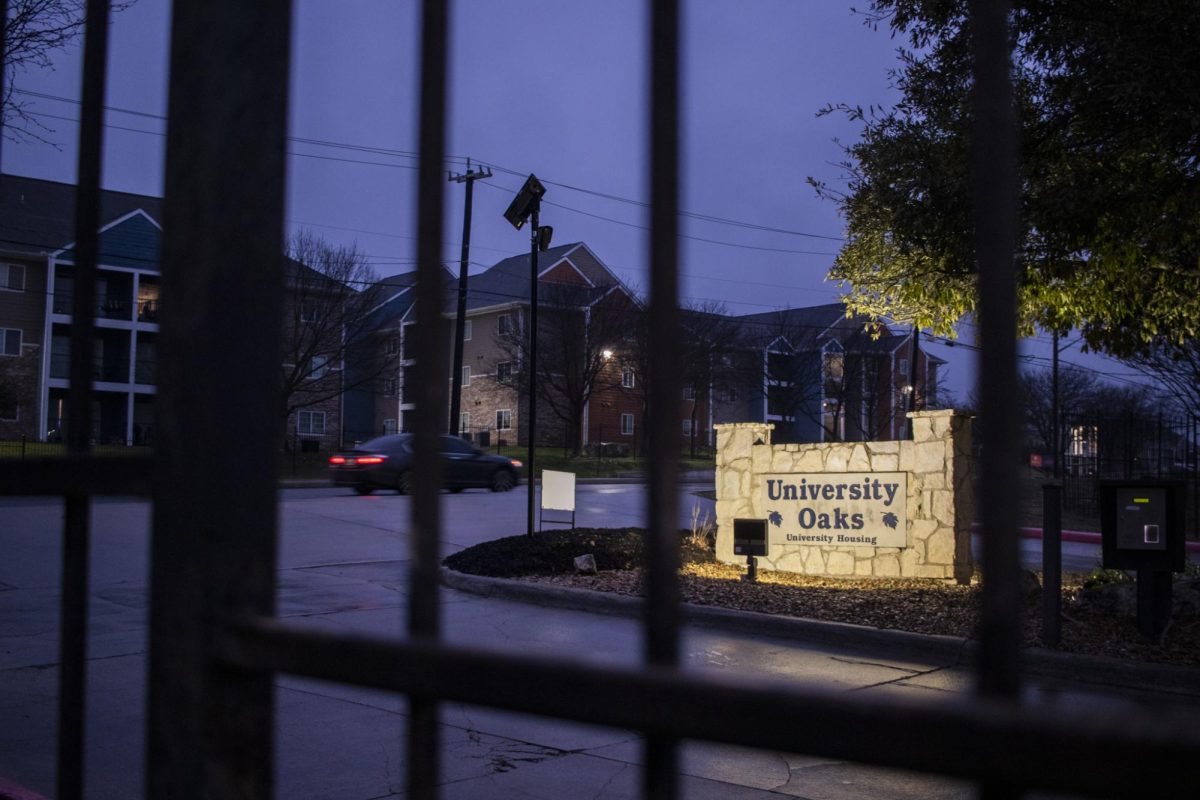The situation in Syria, on a political, militaristic, and foreign policy level, could well be the most complex, and important, global issue of now. What was once a relatively clear cut issue of civilians protesting and rebelling against President Bashar al-Assad and his government has morphed over the last five months has turned into a practical civil war that has brought in Turkey, the US, and the United Nations into the tangled equation. With fighting and violence expanding in the region and the possibility of the North Atlantic Treaty Organization (NATO) becoming involved at some point in the future, it is beyond important that Syria is viewed under the proper lens and understood in all of its complexities.
Protests against the current Syria regime began in March of last year, as an extension of the larger Arab Spring protests that had been ongoing in the region. While the protesters were initially peaceful in nature, by April al-Assad, despite removing the country’s decade long emergency laws and promising reform, had sent in the military in an attempt to break up and stop the protesting. This lead to large scale bombing and shelling of towns, villages, and neighborhoods believed to be housing any sort of protests or rebels.
After months of these military attacks, the rebels became increasingly organized and armed, slowly fighting back against the military as they entered areas in a form of guerilla warfare. The Free Syrian Army has been fighting against the military forces since, going so far as to launch large scale assaults on the capital city of Damascus and coastal city of Aleppo. During this time at least 17,000 Syrians have died according to the UN Secretary- General Ban ki-Moon, though the number has been counted as high as 21,000 according to human rights groups monitoring the country.
The global community has gotten involved, with several countries such the US, the UK, and France condemning the actions of the Syrian government as well as imposing various sanctions on the country as well. However, problems have arose with imposing global pressure on Syria, with Russia and China remains strong allies of Syria, as well as vetoing all UN Security Council resolutions that have been brought up. Russia has further been criticized for their continued selling of arms to Syria as well. As of last week, another global dimension developed as fighting in Syria spilled over the border into Turkey. Despite warnings by the Turkish government to contain the violence, the Syrian government did not, and Turkey in turn began to bomb Syria in retaliation. These skirmishes have continued as of print and mounted to the point that airspace has been shut down between the two countries.
This latest development is especially critical to the US. With the US and Turkey both being a members of NATO, should violence between Turkey and Syria escalade further, it might force the US into the position of entering the conflict and launching military campaigns against Syria. Until now President Obama and his administration have taken a relatively hands off approach to the Syrian conflict, the strongest political action being sanctions against Syria. Obama stated back in April that the US would only become involved if the Syria began “seeing a whole bunch of chemical weapons moving around or being utilized. That would change my calculus; that would change my equation.” Mitt Romney has held a similar, if more vague stance as the president, saying that he does not support a no-fly zone over Syria, a stance supported by Obama as well.








